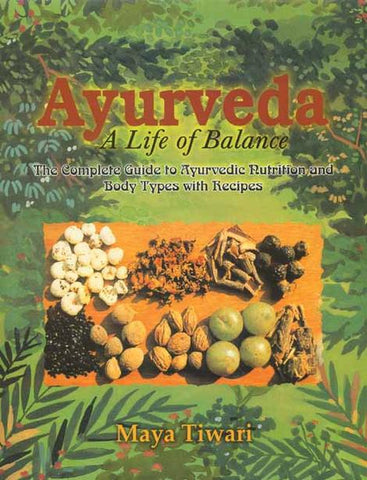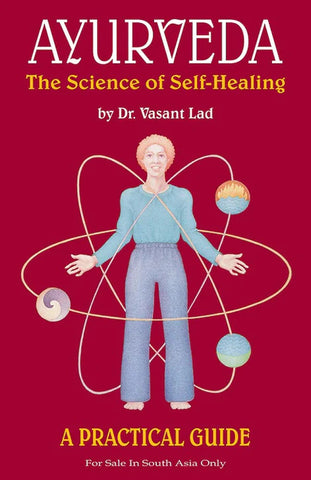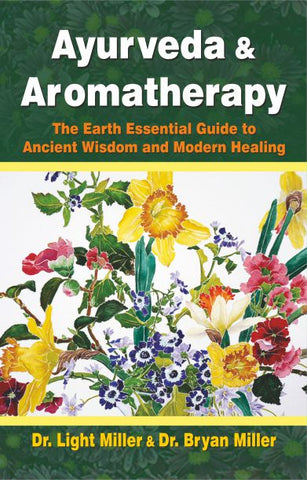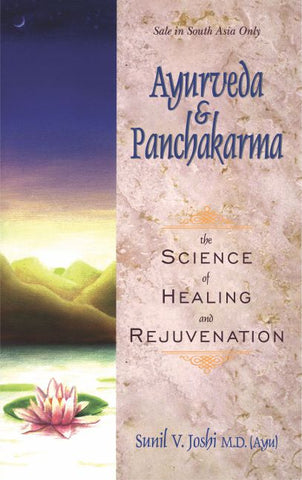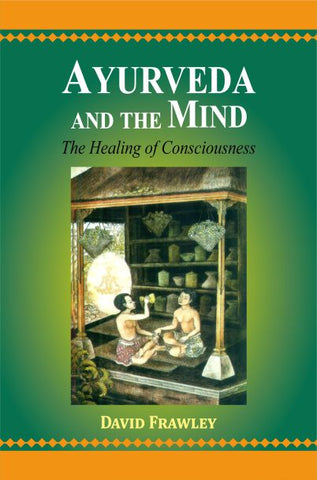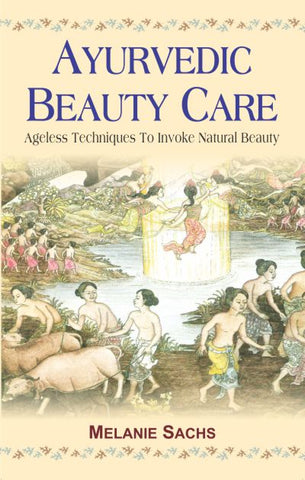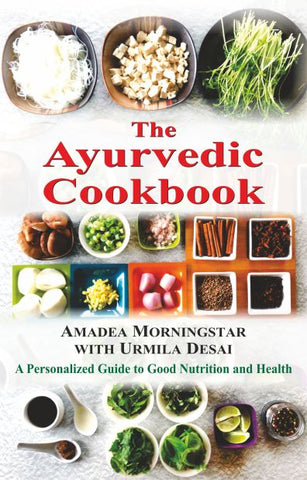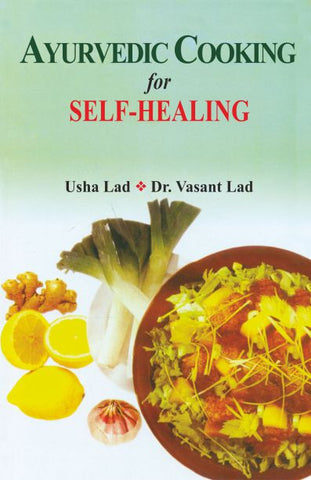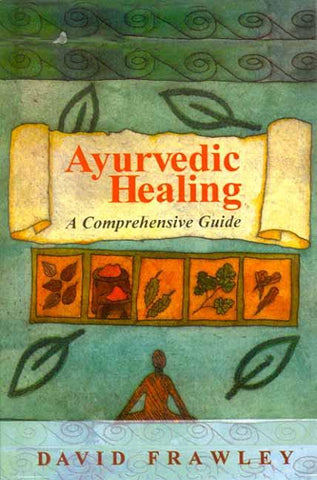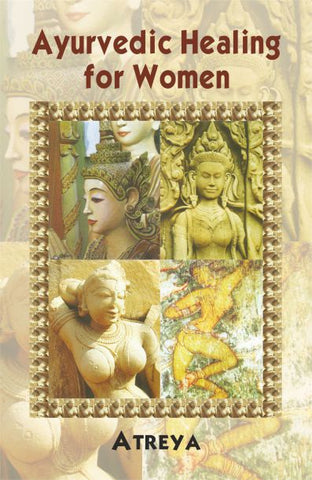Your cart is empty now.
The role of the diet is extremely important in Ayurveda as it forms the main part of the treatment for any ailment. It is the first and foremost pillar of health, because of its necessity for the growth of the body, strength and immunity. The right diet is considered to be responsible for the maintenance of good health and for the prevention and cure of disease. The contemporary science of nutrition and dietetics was developed towards the end of the 18th century and developed a vast knowledge about the contents of food, i.e. minerals, proteins, carbohydrates, vitamins etc. Food was measured according to its nutritive value and weighed in quantities. Modern dietetics has taught us to "count calories" and that we need food to build and shape our physical body. Nutritional needs are measured in terms of calories and quantities, and we are advised to take certain amounts of specific food groups. It is exactly this part of modern dietetics, I wanted to counterbalance with this book. The ancient Ayurvedic texts describe the qualities of food, and divide them in three categories, viz. Rajas, Tamas and Sattva. These are the qualities of all things in life and are mental qualities as well. But the value of food in Ayurveda goes far beyond this classification. Food is valued in its relation to the climate, environment and season. Food contains all 5 elements, i.e. water, fire, earth, air and ether, which are present everywhere and also constitute our individual bodies in a very unique way. The body is not merely physical but it is mental and spiritual as well. With choosing foods according to our real natural needs and not just to our physical needs, we support all our bodies (physical, mental and spiritual), and express our true nature. In Ayurveda, the diet forms the main part of the treatment for any ailment. With this book I want to emphasize the importance of diet and nutrition to our health and highlight a significant branch of Ayurveda i.e. dietetics.
Dr. Anil K. Mehta is a well known international figure in Ayurveda. He runs an Ayurveda college in Netherlands and Belgium since 1980. Dr. Mehta has so far trained more than 1000 European doctors and therapist in Ayurveda. He has written more than a dozen books on the subject in Dutch and English. Ayurveda in de Praktijk in Dutch and Ayurvedic Physiotherapy & Yoga in English are most popular. His other equally popular books are Why Ayurveda? Open Your Eyes to Ayurveda and Health and Harmony through Ayurveda in English language. He has been awarded "Vishwa Ayurveda Shiromani" title, literally means World topmost Ayurveda Physician by a renowned D.A.V. Educational Society. Dr. Mehta is a founder director of EISRA (European Institute for Scientific Research on Ayurveda) which is affiliated to Gujarat Ayurveda University, Jamnagar, Gujarat, India and D.A.Y. Ayurveda College, Jalandhar, Punjab, India.
The role of the diet is extremely important in Ayurveda. The right diet is considered to be responsible for the maintenance of good health and the prevention and cure of disease. The contemporary science of nutrition and dietetics was developed to wards the end of the 18th century and developed a vast knowledge about "the contents of food": minerals, proteins, carbohydrates, vitamins etc. Food was measured according to its nutritive value and weighed in quantities. Modem dietetics has taught us to "count calories" and that we need food to build and shape our physical body. Nutritional needs are measured in terms of calories and quantities, and we are advised to take certain amounts of specific food groups.
It is exactly this part of modem dietetics I wanted to counter- balance with this book.
The ancient Ayurvedic texts describe the qualities of food and divide them in three categories sattva, rajas and tamas. These are the qualities of all things in life - and are mental qualities as well. However the value of food in Ayurveda goes far beyond this classification; food is valued in its relation to the climate, environment and season. Food contains all Five elements - water, fire, earth, air and ether, which are present everywhere and constitute our individual bodies in a very unique way. The body is not merely physical, it is mental and spiritual as well. With choosing foods according to our real natural needs and not just to our physical needs, we support all our bodies (physical, mental and spiritual), and express our true nature. In Ayurveda, the diet forms the main part of the treatment for any ailment. It is the first and foremost pillar of health, because of its necessity for the growth of the body strength and immunity.
In my view, there is a tremendous richness in the Ayurvedic perspective on food and I am convinced from my personal experiences with my clients, students and international experiences and contacts that the need for this perspective is ever growing.
In our clinic, the Prakash Deep Institute in Raiwala, northern India, we are specialized in Panchakarma treatments. Panchakarma is Ayurveda's most extensive detoxification and purification program, which eliminates deep-rooted stress and toxins, eliminates disease and protects the body by strengthening immunity. Panchakarma would not be effective without a specialized diet. We are deeply aware of this and that's why every client's individual diet, may it be purifying, strengthening or balancing, is monitored and adjusted on a daily basis.
As a doctor, I have an almost lifelong experience with health problems, health needs and the success of the Ayurvedic diet. It is my golden rule that the foundation of health is following a diet, exercise and lifestyle, according to our very own body constitution. The process of developing a healthy life perspective is already extremely powerful on its own and resonates deeply in our body and soul, where it connects to our hidden.
CONTENTS
| Chapter 1 | Basic Concepts of Ayurveda | 1-25 |
| Chapter 2 | Ayurvedic Science of Food and Diet | 26-48 |
| Chapter 3 | Ayurvedic Herbs | 49-62 |
| Chapter 4 | Triguna and Diet | 63-73 |
| Chapter 5 | How to Eat According to Ayurveda | 74-79 |
| Chapter 6 | Eating According to the Daily and Seasonal Rhythms | 80-91 |
| Chapter 7 | Food Intake According to Our Nature | 92-111 |
| Chapter 8 | Improving Our Metabolism | 112-116 |
| Chapter 9 | Counterbalacing Negative Effects of Foods with Ayurvedic Remedies | 117-120 |
| Chapter 10 | Ayurveda and Diet | 121-175 |
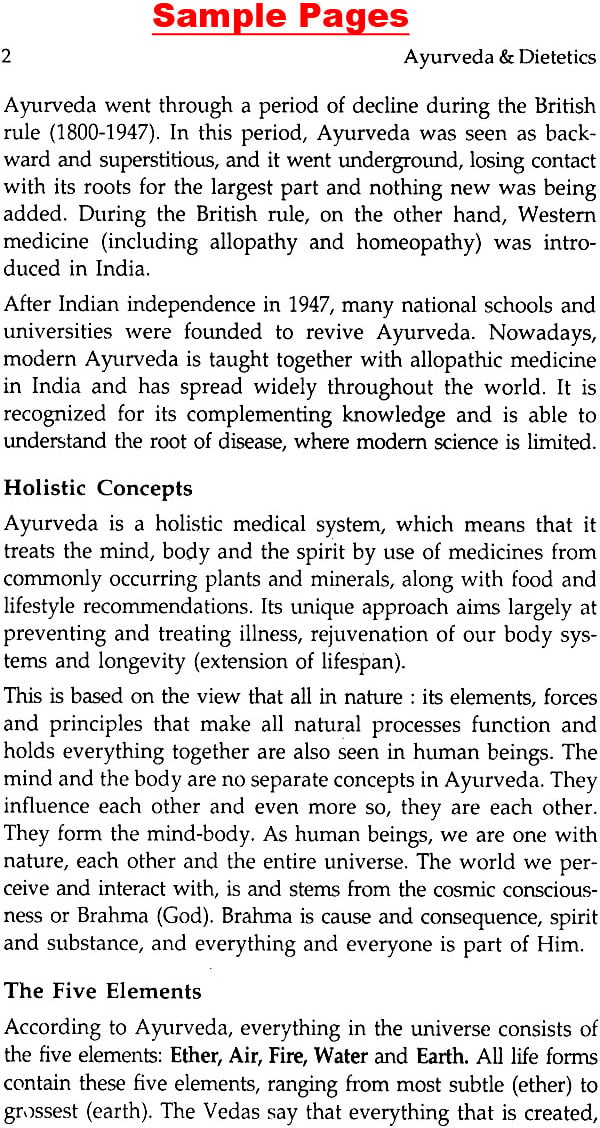
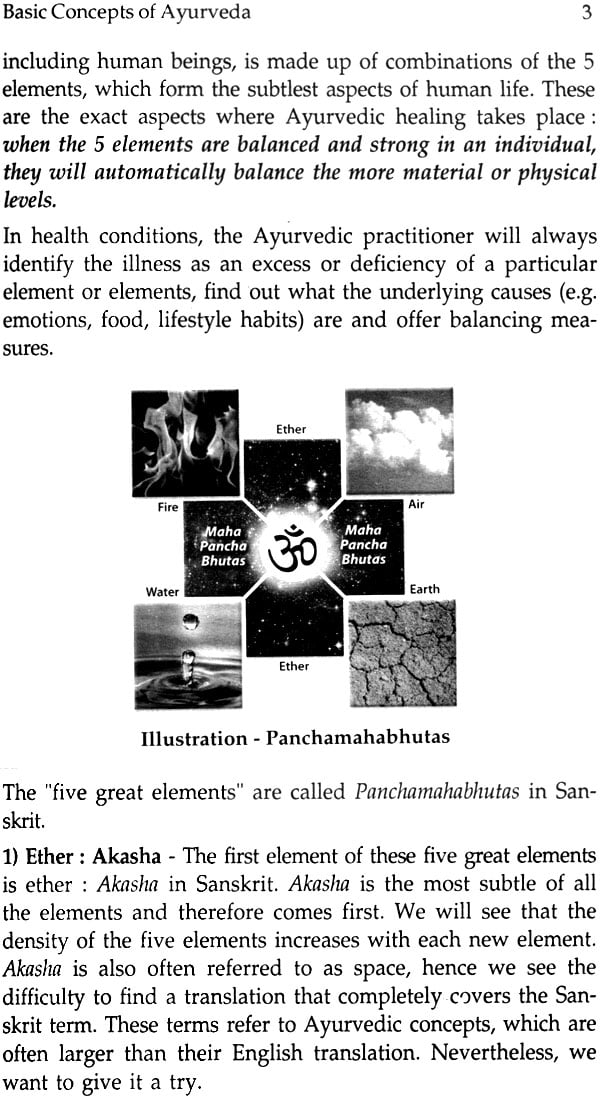
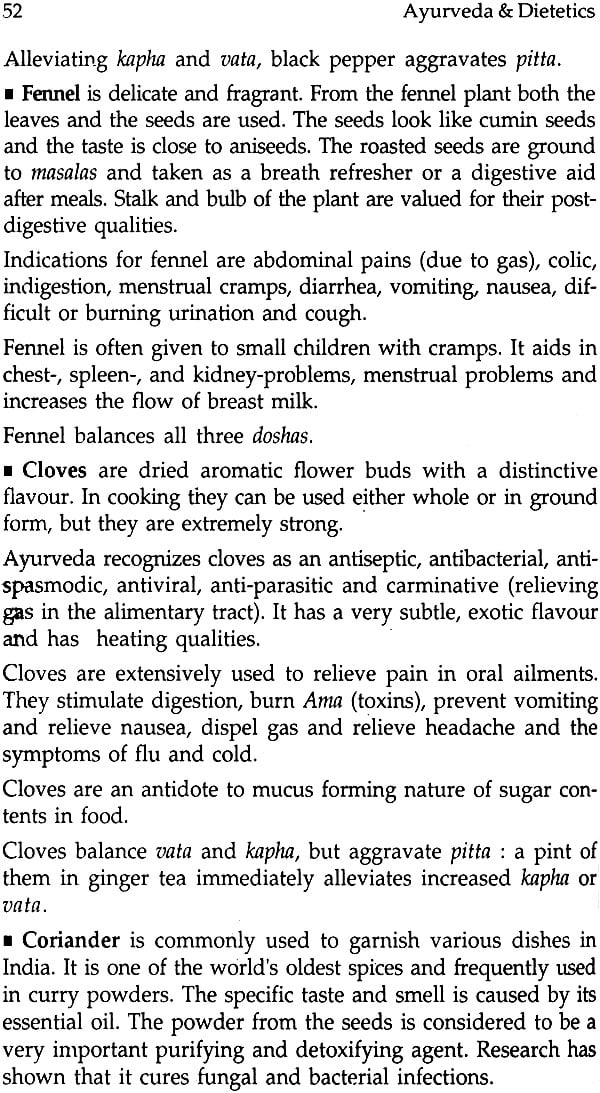

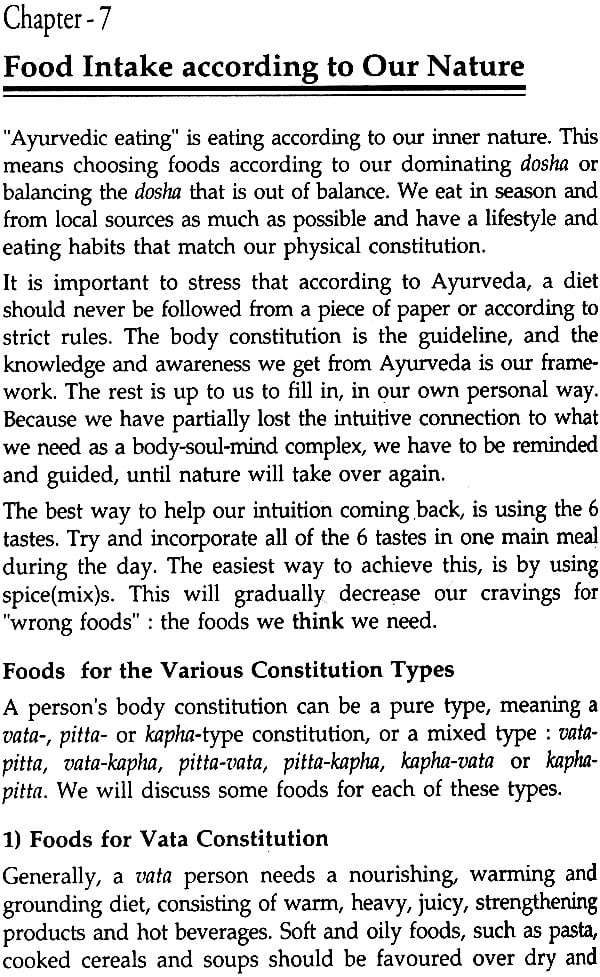
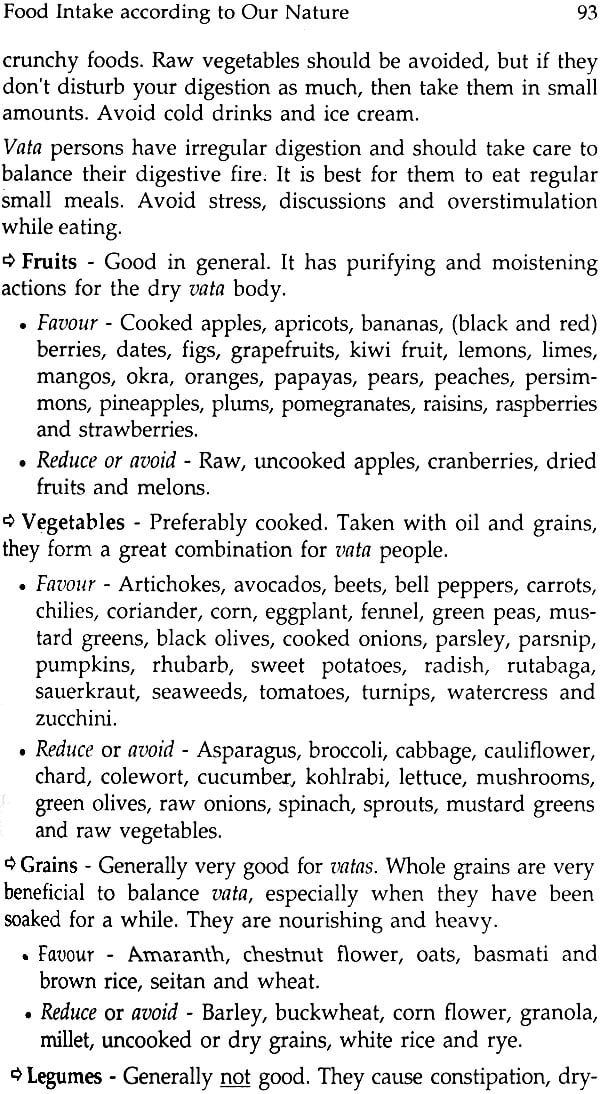

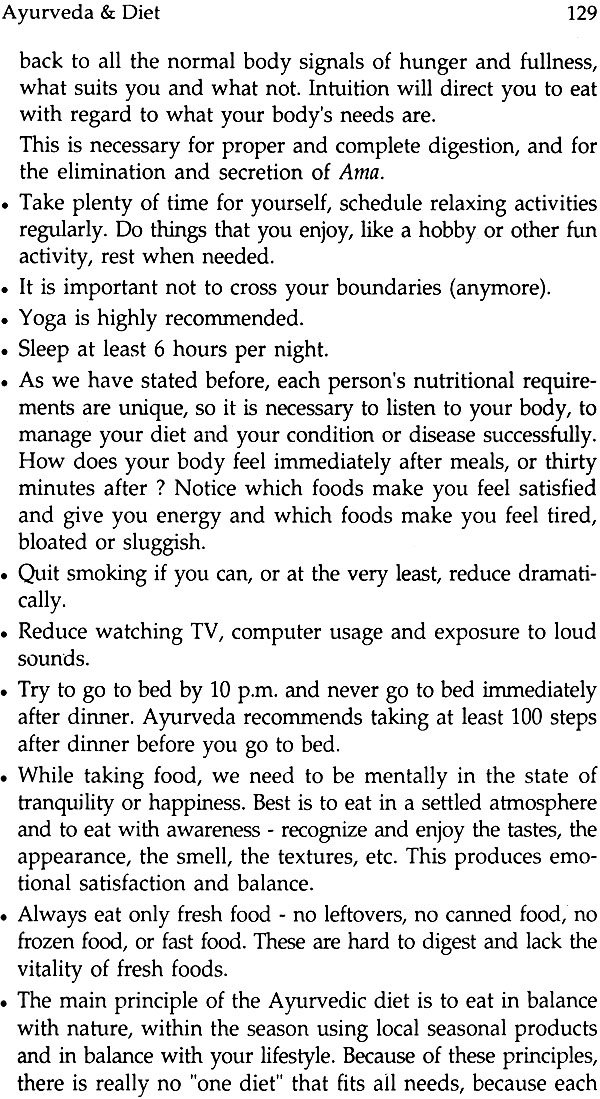
Delivery and Shipping Policy
- INTERNATIONAL SHIPPING
- Rs.1000-1100/kg
- ESTD. Delivery Time: 2-3 weeks (depending on location)
- Bubble Wrapped with Extra Padding
- NATIONAL SHIPPING
- NCR: Rs. 30/half kg
- Standard: Rs. 80/half kg
- Express shipments also available on Request
- ESTD. Delivery Time: Ranging from 1-4 days up to 7 business days (Depending on your choice of Delivery)
- TRACKING
- All orders; national or international, will be provided with a Tracking ID to check the status of their respective orders
- Depending on the Shipping Service, Tracking ID may be used on their respective tracking portals
Frequently Asked Questions (FAQs)
Domestic Shipping: 3-4 Days (after shipping)
International Shipping: 1-2 weeks (based on your location)
You will receive an email once your order has been shipped or you can email us if you didn't receive tracking details (info@mlbd.co.in)
Every book that we sell is the latest edition except all the rare books
Yes, we do provide free shipping, only on domestic orders (within India) above Rs.1500


